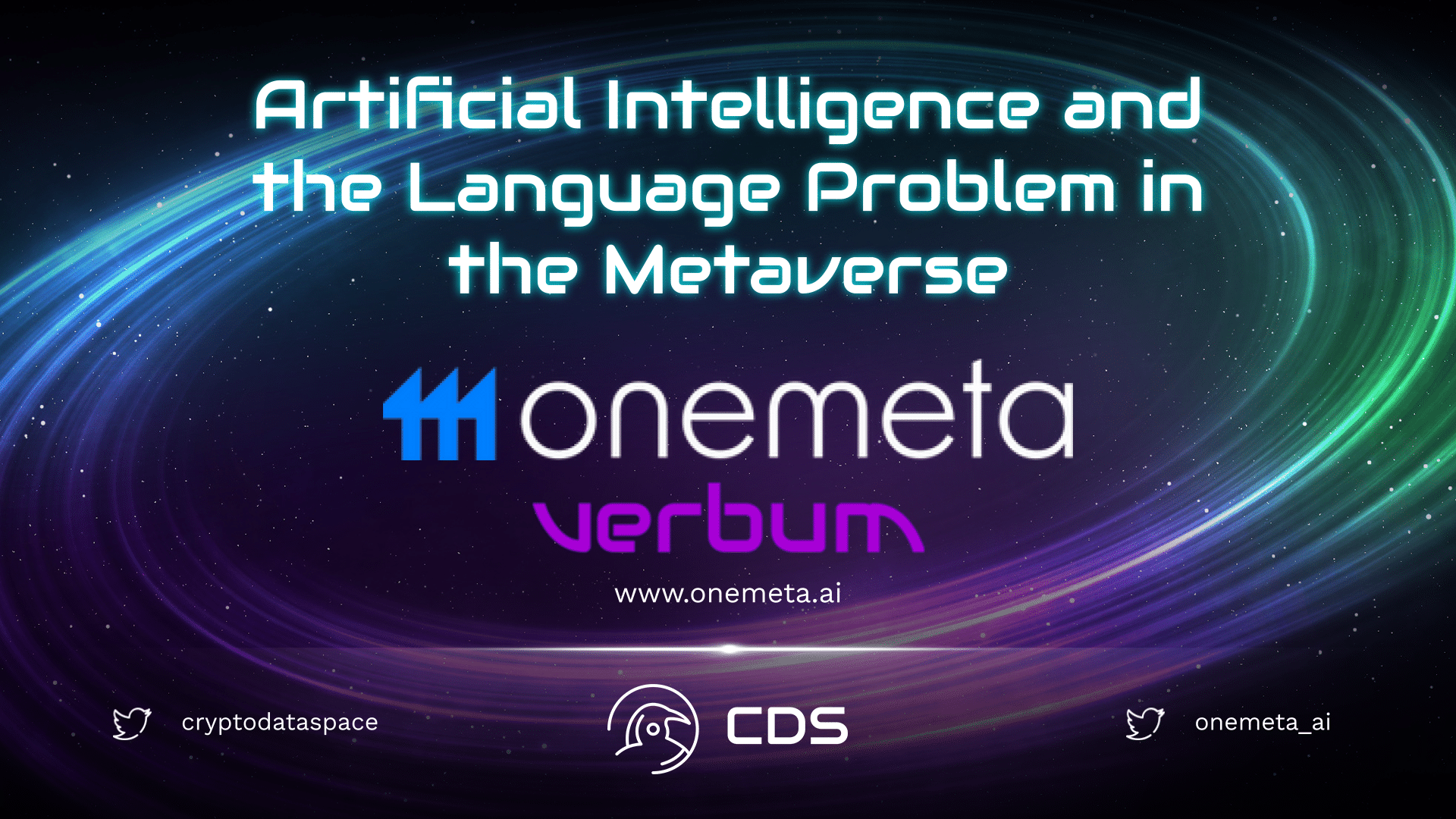According to OneMeta AI, the Verbum product can provide the real-time translation. This, in turn, signals that a permanent solution to the language problem in the Metaverse may be coming.
The Language Problem in the Metaverse
The internal democratization of the Metaverse is one of its main features. Theoretically, everyone on earth can access the same virtual world(s) without any of the typical entry restrictions imposed by location.
However, this is not exactly the case in the metaverse. Metaverse can be difficult to share an experience if the people you meet don’t speak the same language as you. While there are highly successful translation and interpretation services such as Google Translate, the problem soon becomes a problem of scale. While a metaverse experience usually tries to involve dozens or even hundreds of people, these services are usually designed for one-on-one conversations. So, in fact, it is difficult to solve a situation where everyone speaks their own language with these services.
What is Artificial Intelligence Verbum?
As mentioned a little earlier, translation tools may be insufficient when it comes to the metaverse. However, OneMeta AI can create a solution to this situation. At CES 2023, the company will introduce its Verbum service, which offers real-time translation to up to 50 speakers in various languages. However, the company says that it supports 82 languages and 40 dialects. In addition, artificial intelligence can also provide audio in addition to real-time transcripts.
Verbum was tested at CES last Thursday evening. While chatting over headphones with a woman living in Central America, the system translated Verbum‘s executives’ comments into Spanish and her responses into English. The conversation was natural and went smoothly, although there was a brief pause. Within a second after being spoken, the words were transferred, and after a second or so, the artificial intelligence voice started.
OneMeta’s Verbum Goals

Verbum is originally intended to be used by OneMeta in group meetings for global teams, but it’s clear that the service is also useful for metaverse experiences. For example, imagine an MMORPG in which players from all over the world want to quickly communicate with each other in real-time situations. Another example would be an e-sports competition where the audience wants to follow the action and interact with each other at the same time.















Leave a comment